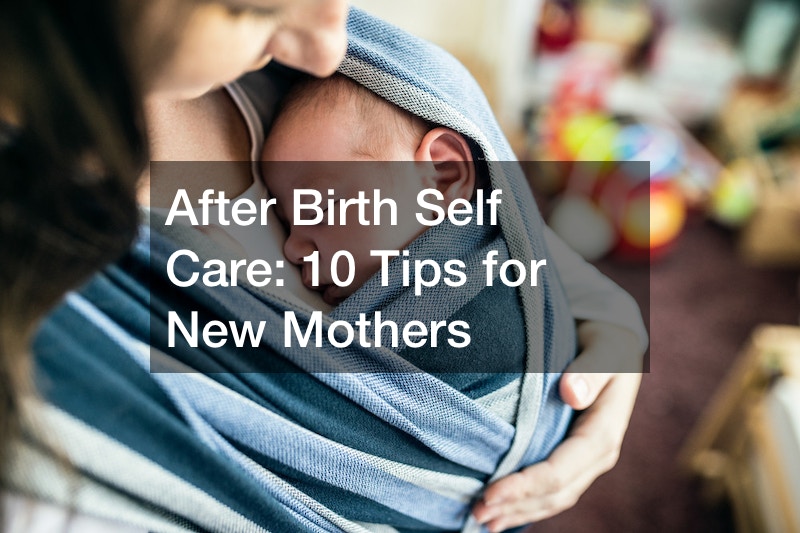the world saw me as the epitome of confidence for years. Smiling brightly in photos, excelling in academics, and radiating an aura of outgoing energy, I seemed to have it all together. However, beneath the surface, a silent battle raged – a struggle with bulimia nervosa, an eating disorder that shrouded my life in a cycle of shame and secrecy.
Society bombards us with expectations of beauty and success. Images of impossibly thin models and the relentless pursuit of achievement can distort our self-perception.
In my teenage years, these pressures manifested as a constant obsession with weight and appearance. What started as innocent yo-yo dieting spiraled into a full-blown battle with bulimia in university.
The cycle was relentless. Periods of strict restriction were punctuated by intense binges, followed by overwhelming guilt and purging behaviors. This emotional rollercoaster fueled my isolation despite the facade of a happy and well-adjusted persona.
The turning point came unexpectedly. Bulimia’s grip tightened, making social situations unbearable. The fear of uncontrollable binges or the anxiety of purging opportunities kept me withdrawing from friends and activities I once enjoyed. It was a moment of heartbreaking clarity: the “perfect” life I’d meticulously crafted was crumbling, and I desperately needed help.
Bulimia recovery is a challenging yet empowering journey. Seeking therapy was the first step. Talking openly about my struggles not only eased the burden of shame but also allowed me to connect with a therapist who understood the complexities of my condition.
Beyond therapy, I embarked on a path of self-discovery. I devoured books about eating disorders, listened to podcasts featuring bulimia recovery stories, and sought solace in online communities. Each voice I encountered, each story of struggle and triumph, chipped away at the isolation and fueled my determination to heal.
Recovery isn’t a linear path. There were setbacks and moments of intense self-criticism. However, I learned the power of small, consistent steps. Challenging negative self-beliefs about my body, accepting imperfections, and even posting unflattering photos online were acts of defiance against the distorted self-image bulimia had created.
Unmasking bulimia wasn’t just about addressing the eating disorder; it was about rediscovering myself. I reconnected with activities that brought me joy, nurtured authentic relationships, and began to define success on my terms. It wasn’t about achieving a certain weight or fitting into a particular mold; it was about embracing my whole self and flaws.
Today, I stand on the other side of bulimia recovery. My journey has been one of immense personal growth. Sharing my story isn’t about garnering sympathy; it’s about offering hope and a message of solidarity to anyone struggling with an eating disorder. You are not alone. Bulimia recovery is possible, and it starts with the courage to unmask the truth and fight for a healthier, more fulfilling future.
This is my story but also a call to action. Let’s challenge unrealistic beauty standards and break the silence surrounding eating disorders. By fostering open conversations, providing access to resources, and celebrating the strength of those on the road to bulimia recovery, we can help create a world where everyone feels empowered to embrace their authentic self.
.




